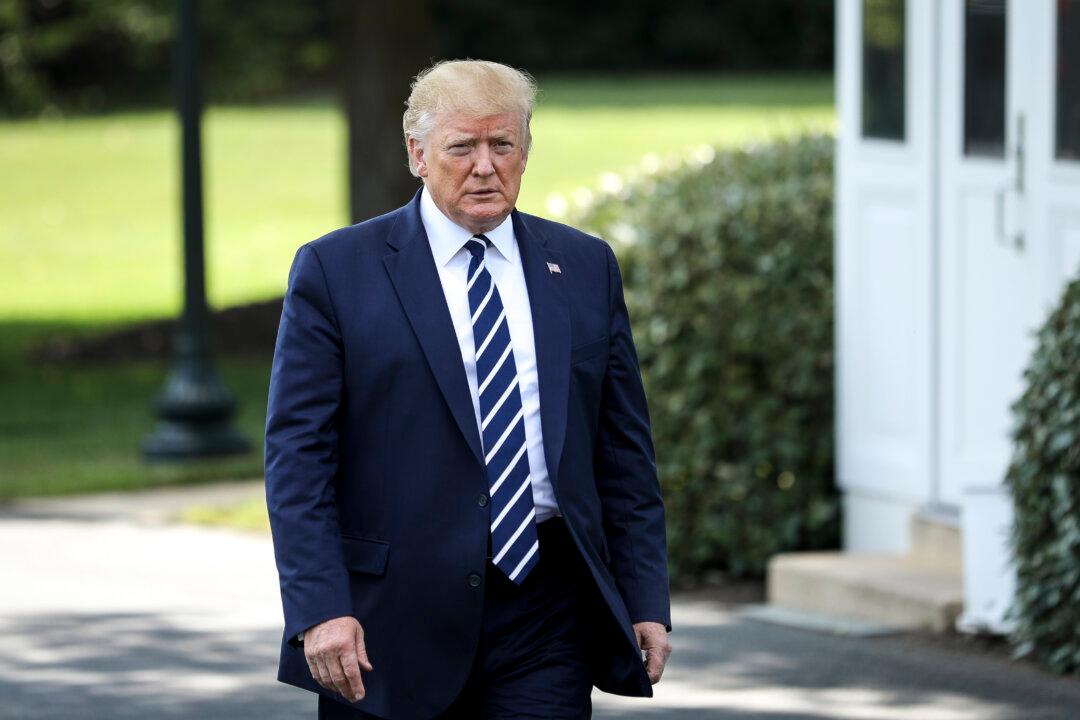President Donald Trump said on July 22 that Iran’s recent actions were making it increasingly difficult for him to consider making a deal with the regime amid heightened tensions between the two nations.
Speaking to reporters at the Oval Office, Trump said the Islamic regime’s recent acts of aggression were making it more difficult for him to renegotiate another deal with them. He chastised the regime for being disrespectful toward the United States, saying that their actions were a “big mistake.”




